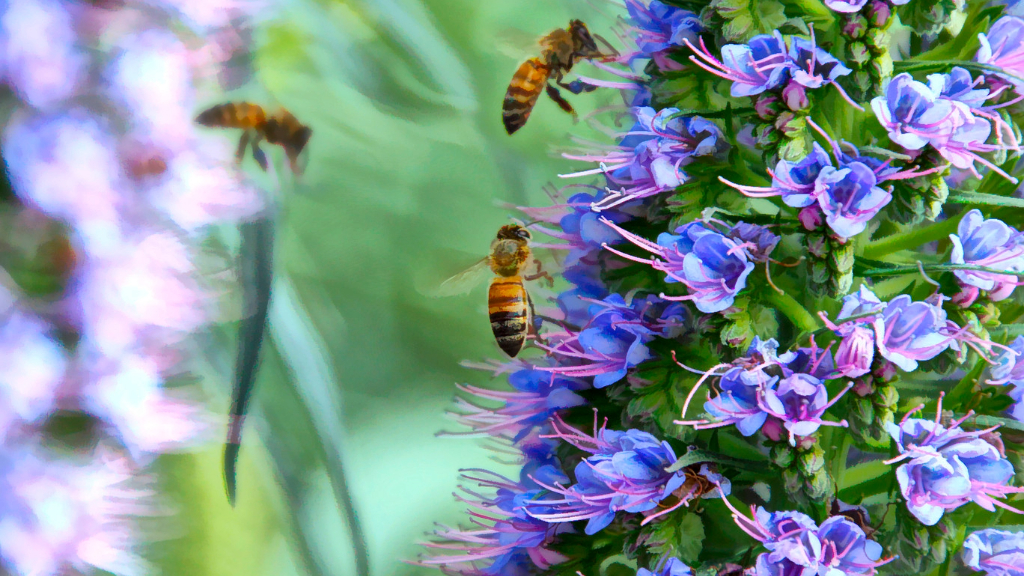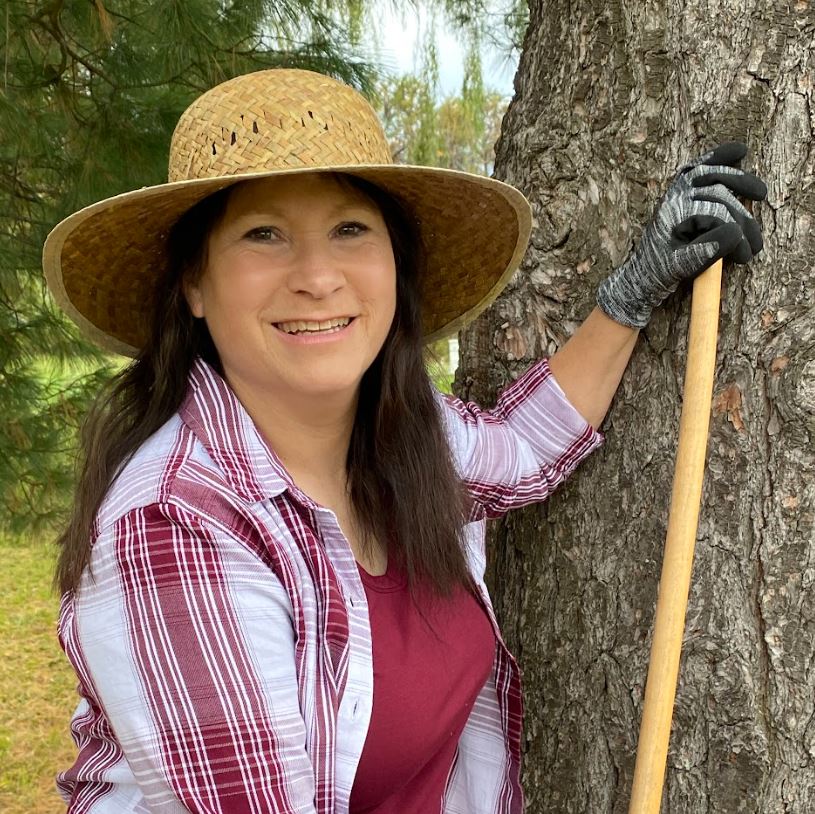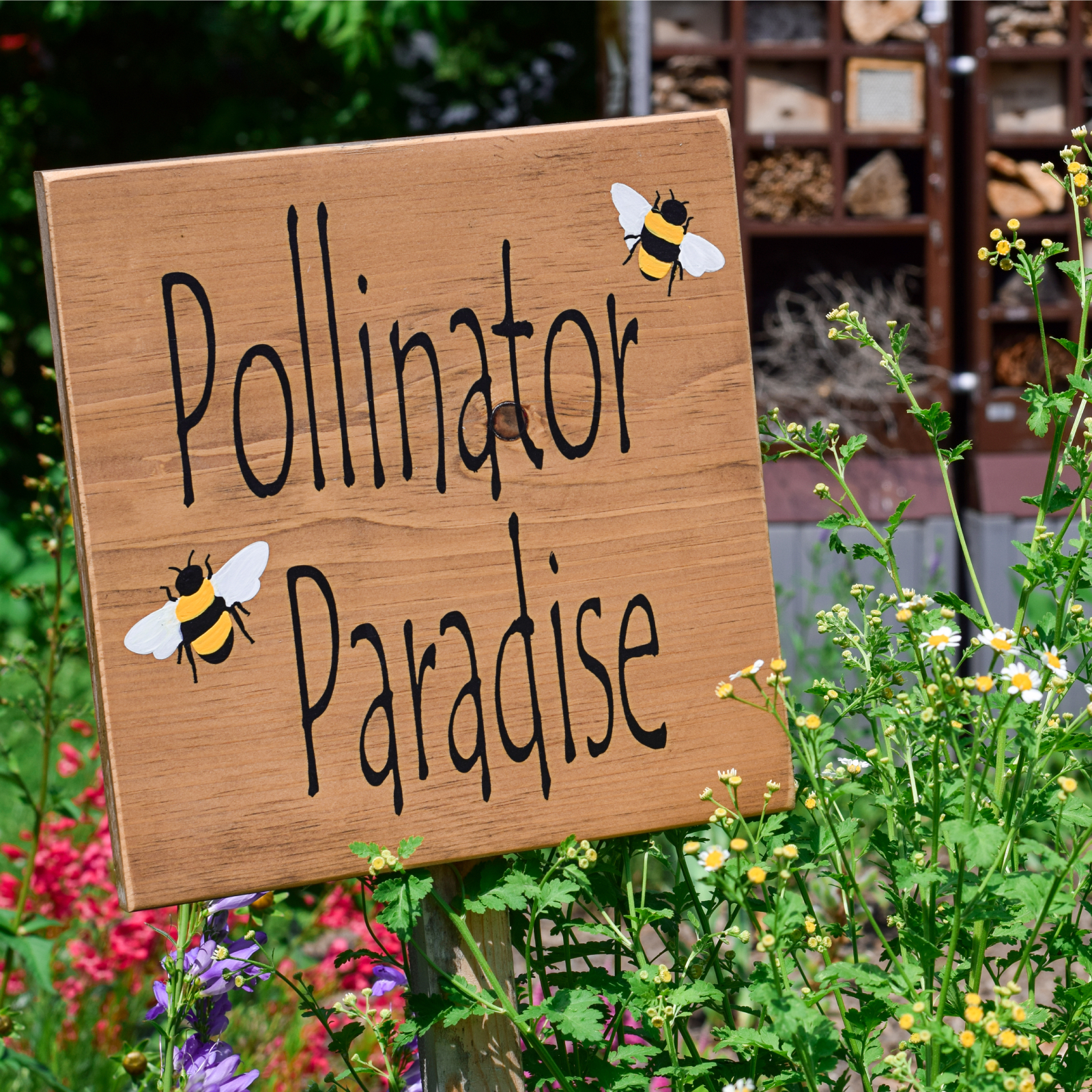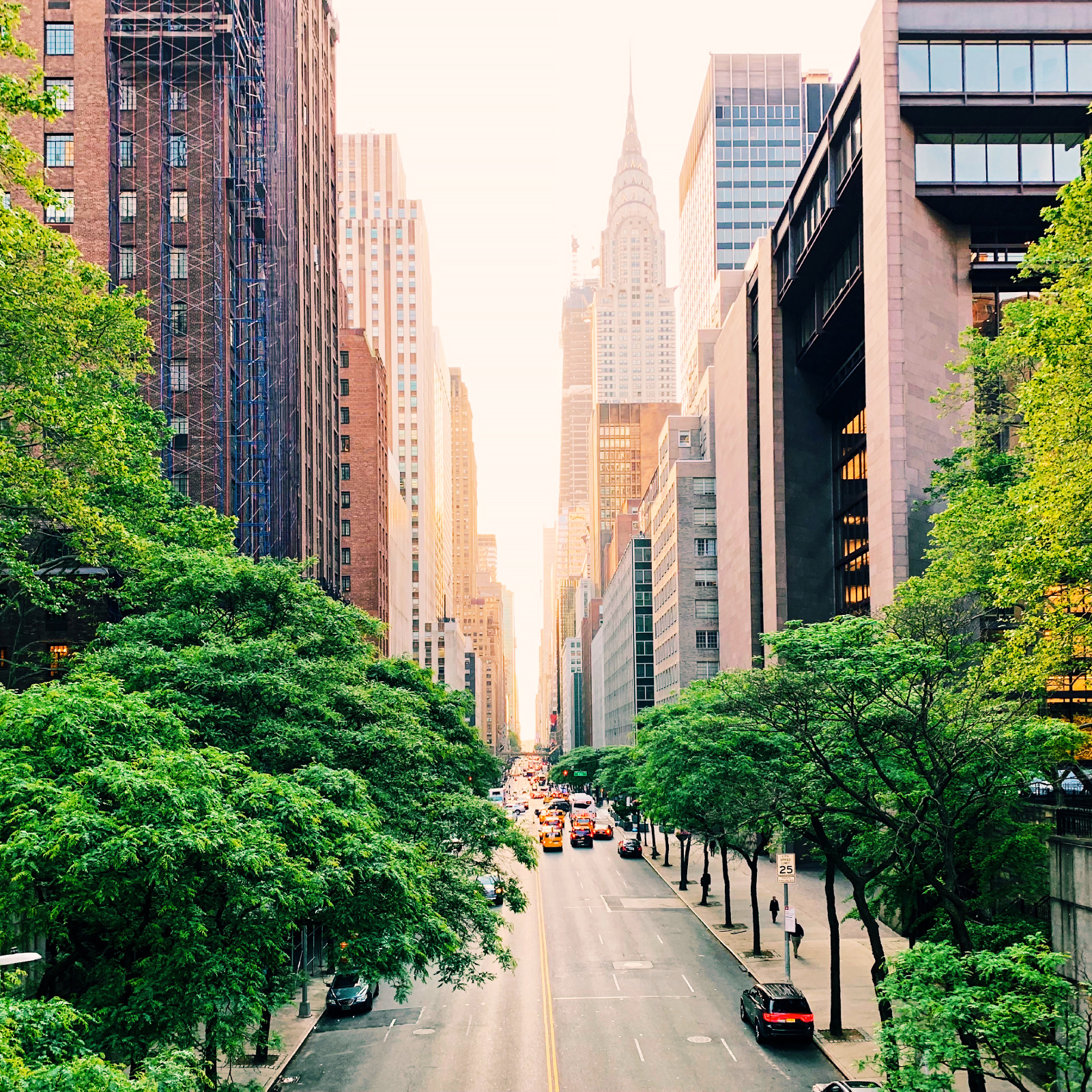My Noisy Garden Is Good For My Health


“Stop and smell the roses” is a familiar gardening metaphor meant to remind us that life is short, and we should make the time to enjoy it. What about the sounds of our gardens? Shouldn't we also close our eyes and simply listen when we take a break in the garden? You may be surprised at what you hear. I was!
I Have a Noisy Garden
My vegetable garden sits at the back of our long, narrow, two acre lot. The two neighbors flanking each side of our property also have long lots with houses close to the road, like ours. Behind our collective properties are woods and farm fields. Naturally, one would think my garden would be a quiet, peaceful place to work.
Nothing could be further from the truth. When I close my eyes and listen, I'm amazed at how noisy my garden really is. It all begins with the rustling of leaves as the breeze passes through the woods. Did you know there was a name for this sound?
“Psithurism” comes from a Greek word which means whispering. Pronounced sith-err-iz-um, this word literally means the sound of the wind in the trees or the rustling of leaves. Yet on particularly breezy days, I'd hardly consider this sound a whisper. It's more like a roar.
Next, I hear the sounds of the many species of birds that inhabit my yard and the nearby woods. I have to admit that the beautiful melodies of the native songbirds are quite enjoyable, but the fingernails-on-the-chalkboard screeching of the raptors can be a bit unsettling.
Finally, there's the buzzing of the pollinators. From the honeybees that visit from my neighbor's hives to the native wasps and hornets, I always stop and take notice when I hear these bugs. Luckily, I'm not allergic to bee stings, but they are quite painful, and I make every attempt to avoid these garden visitors.
Good Noise Vs. Bad Noise
As we listen to the sounds of our gardens, it's easy to contemplate if there is such a thing as good and bad noise. Can some types of noise actually improve our health? Are other types of noise linked to medical conditions? According to scientific research, apparently there is a difference.
Gardening tips, videos, info and more delivered right to your inbox!
Sign up for the Gardening Know How newsletter today and receive a free copy of our e-book "How to Grow Delicious Tomatoes".
Traffic is the primary contributor of urban noise pollution. The constant hum of automobiles coupled with early morning trash pickup, street cleaning vehicles, and delivery trucks can cause an increase in urbanites' anxiety and depression levels. This type of noise is also linked to higher incidents of high blood pressure, heart disease, and stroke.
On the other hand, scientists have found noises from nature reduce our sympathetic (fight-or-flight) response. It's not our imagination that the rustling of tree leaves and the songs of native birds help us feel more relaxed. Research is indicating that these peaceful sounds may be physically altering the connections in our brain.
So apparently, my noisy garden is good for my health. Now, if only I could dispense with that other noise I hear when I'm in the garden. “What noise is that” you ask.
Oh, that would be the little voice in my head that's constantly reminding me the garden needs weeded or watered, the veggies need harvesting, or that it's time to plant next season's crops. Geez, talk about stressful garden noise!

Laura Miller has been gardening all her life. Holding a degree in Biology, Nutrition, and Agriculture, Laura's area of expertise is vegetables, herbs, and all things edible. She lives in Ohio.
-
 What Is A Pollinator Garden? Grow Gorgeous Blooms While Benefiting Your Local Ecosystem
What Is A Pollinator Garden? Grow Gorgeous Blooms While Benefiting Your Local EcosystemPollinator gardens look great and also provide a diverse ecosystem that benefits your local pollinating insects and animals. Get started today with this guide!
By Bonnie L. Grant
-
 5 Tough Urban Trees That Thrive In Cities – Top Picks For Urban & Suburban Landscapes
5 Tough Urban Trees That Thrive In Cities – Top Picks For Urban & Suburban LandscapesExplore the best urban trees that will add value to even the most challenging of landscapes. Get growing with these ideas and enjoy all the benefits of trees.
By Teo Spengler